Despite tensions over the conflict in Ukraine, EU imports of liquefied natural gas from Russia have hit an all-time high, while shipments from the US are selling at higher prices. The EU is considering imposing sanctions on Russian LNG.
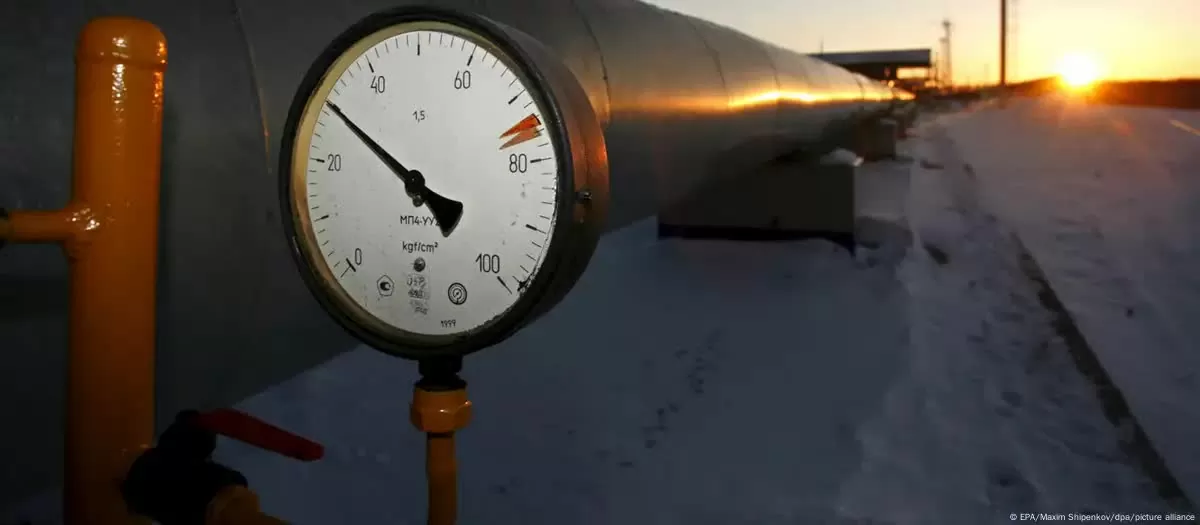 |
EU storage facilities are running out at record speed after the Russian gas pipeline through Ukraine shuts down on January 1, 2025. (Source: EPA) |
Europe’s gas reserves are running out at the fastest pace since the energy crisis peaked in 2022 (after Russia launched a special military operation in Ukraine). Will Russia’s ban on liquefied natural gas (LNG) make things worse?
Europe's LNG demand is expected to grow strongly by 2025 as the fuel continues to play an important role in the continent's energy mix.
Analyst group Independent Commodity Intelligence Service (ICIS) forecasts that LNG imports into Europe will increase by 13% this year, down from 2022 in 2024.
“Europe is now more dependent on imported LNG than it was in the past, as pipeline gas imports from Russia have declined. That means the continent is more closely tied to global market fundamentals than ever before,” said Ed Cox, a global LNG market analyst at ICIS.
However, the expert believes that, despite some concerns about gas competition and the risk of price spikes, the situation is “overblown” and Europe will be able to meet its needs. “The EU will import enough LNG, but that means prices here will have to be higher to compete with Asia.”
Europe seizes supply
Much of the focus is now on EU gas storage capacity, with recent cold weather causing storage levels to fall more than in the previous two winters at the same time of year.
The UK is also concerned about this, with major gas supplier Centrica warning on January 10 that supplies are now “worryingly low”.
The EU’s gas reserves have been unusually high in the last three cold seasons, due to concerns about supply shortages caused by the conflict in Ukraine. Gas prices are also now about 90% lower than at the peak of the energy crisis in 2022, when they were nearly three times higher than in the years before Moscow’s military campaign.
Prices have been volatile and one of the most notable developments around LNG in recent weeks has been the frequent diversion of US supplies mid-way through their journey to European markets, said Ed Cox, an expert.
When large energy companies like Shell, BP or Chinese operators buy US LNG, they are not required to have a predetermined destination, meaning they can sell to the highest bidder even after the cargo has been shipped.
"These companies are always looking for opportunities around the world ," said Mr Cox. "If they see prices rising in Europe, if they can find buyers in Europe in a short period of time, they will immediately redirect cargo there. And now the market is seeing cargoes changing direction in the middle of the Atlantic."
According to data from analytics firm Kpler, from January 8 to 14, at least six LNG cargoes loaded onto ships in the US that were originally destined for Asia (China, South Korea, Singapore and Thailand) were diverted to Europe as natural gas prices in the region have risen sharply in recent weeks.
Amid high demand and limited supply, European buyers are often willing to pay higher prices than other global markets to get LNG to their ports. That has led to criticism that wealthier European nations are diverting supplies from countries that need LNG, particularly in South Asia and Latin America.
This is also a problem for countries like Japan and South Korea, Cox admits.
“Rich East Asian and European markets are outbidding other buyers,” he said, noting that countries like India, Bangladesh and Pakistan are “price sensitive” and are willing to switch to coal and oil for power generation because they are cheaper.
Questions about Russian LNG
The promise of more LNG coming to market has been a constant theme in recent years. Cox expects global LNG supply to increase significantly to meet all demand by 2030 at the latest, with the US and Qatar being two of the main drivers of supply.
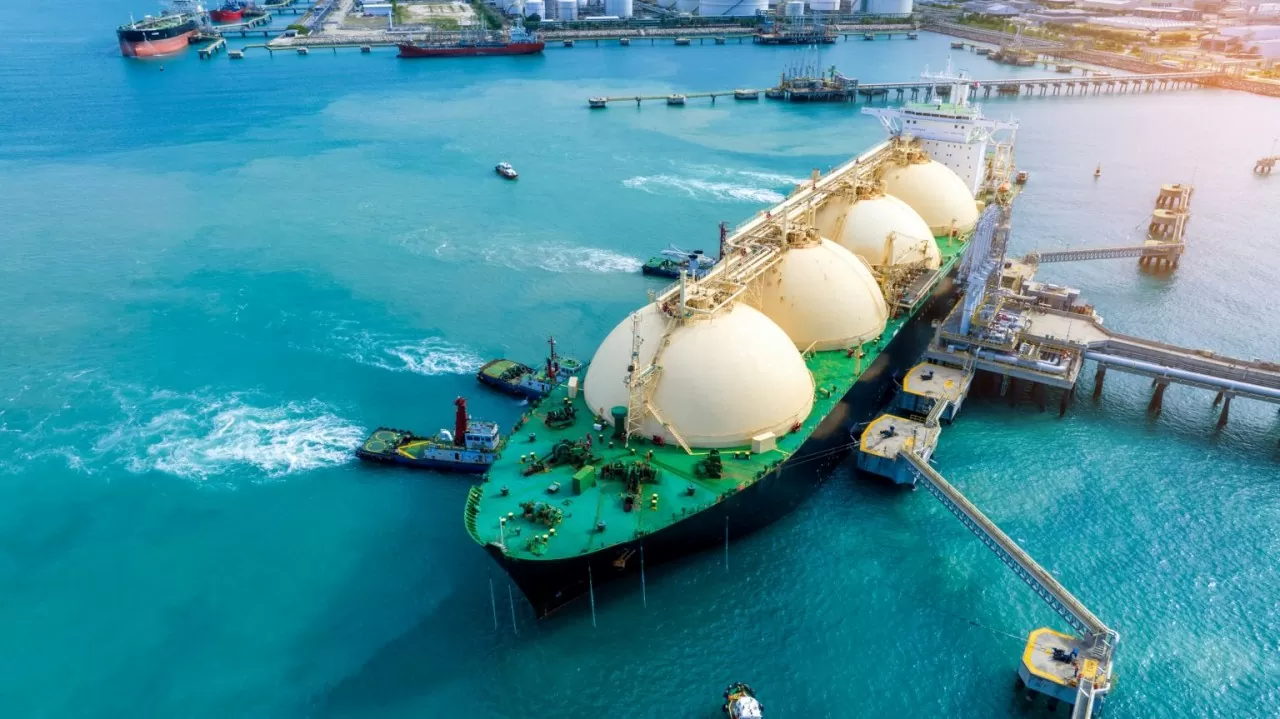 |
| LNG volumes to the EU from Russia have surged, reaching an all-time high in 2024. (Source: Getty Images) |
However, one viable variable remains, at least for European buyers, and that is Russian LNG.
While the EU has sharply reduced its total gas imports from Russia since the conflict broke out in Ukraine in 2022, most of that reduction has involved pipeline gas.
LNG imports from Russia to the EU have surged, reaching an all-time high in 2024. Figures from the Centre for Research on Energy and Clean Air (Crea) show that the EU's LNG imports from Russia will reach €7.32 billion ($7.54 billion) in 2024, up 14% year-on-year.
Meanwhile, according to data from Kpler, the EU has seen an increase in LNG imports from Russia in the first two weeks of 2025. Specifically, the 27 EU member states imported about 838,000 tons of LNG from Russia from January 1 to 15, up from 760,000 tons in the same period last year.
The above data shows that Europe is still heavily dependent on Russian gas.
The EU is by far the world’s largest buyer of Russian LNG, ahead of China, Japan and South Korea. The 27-nation bloc’s growing dominance of the Russian market has drawn renewed criticism from activists who say it is time for the bloc to reduce imports or stop altogether.
Isaac Levi, an analyst at CREA, said the EU needed to “approach the issue more proactively” and “actively implement” measures to prevent member states from buying Russian LNG. “Otherwise, the EU risks seeing increasing imports,” he said.
While the EU has never formally imposed sanctions on Russian gas, there have been reports in recent days that the bloc is considering introducing measures against LNG in its next round of sanctions. A Russian LNG ban could force European buyers to find new suppliers faster than expected.
In December 2024, the EU's new Energy Commissioner, Dan Jørgensen, said his goal was to eliminate all Russian energy from the union, including LNG, by 2027. Experts say that, despite some supply constraints, this is a completely achievable goal.
"The amount of imported LNG will be offset by goods from the US and Qatar," said Cox, adding that by 2027 at the latest, there will be goods to replace Russian LNG.
Meanwhile, Levi believes that many European countries will still be attracted by the cheaper prices of Russian LNG. However, he believes that the EU as a whole can end its dependence in the near future, which “depends on the political will” of the bloc.
It is still unclear what the future of gas supplies to the EU will be, nor whether sanctions on Russian LNG will be effective. For now, the EU is struggling to find gas supplies, despite higher prices and the impact on other less competitive countries.
Source: https://baoquocte.vn/eu-con-lau-moi-thoat-duoc-khi-dot-nga-nuoc-xa-tu-my-va-qatar-co-cuu-duoc-lua-gan-dang-bung-chay-o-chau-au-301896.html



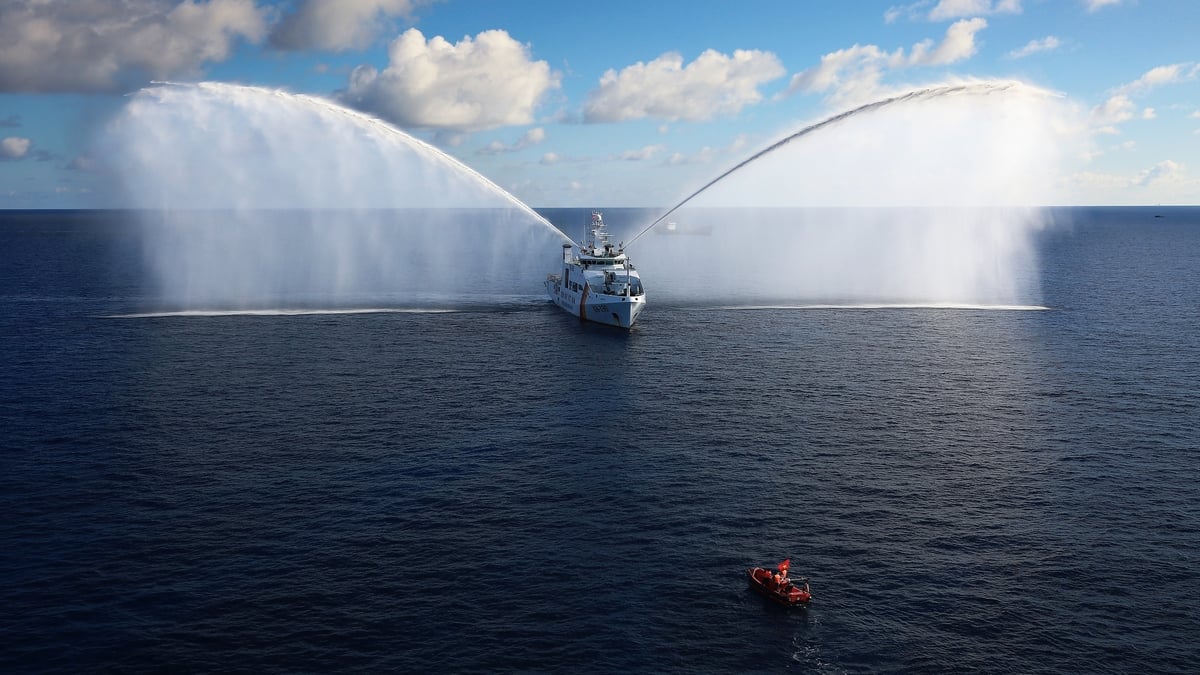



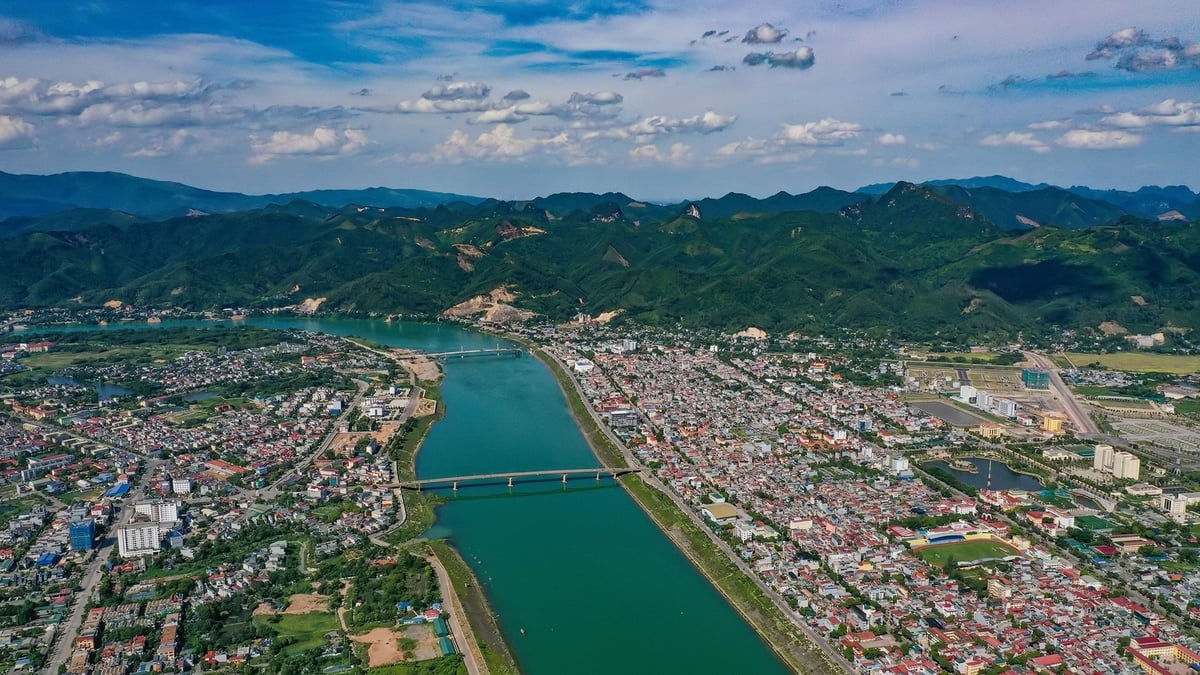
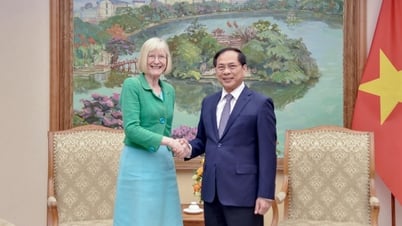










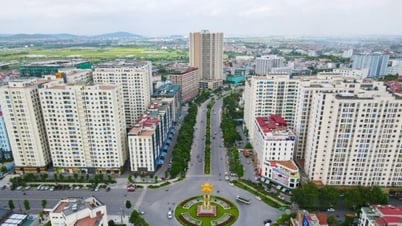

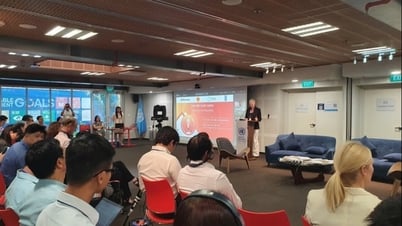



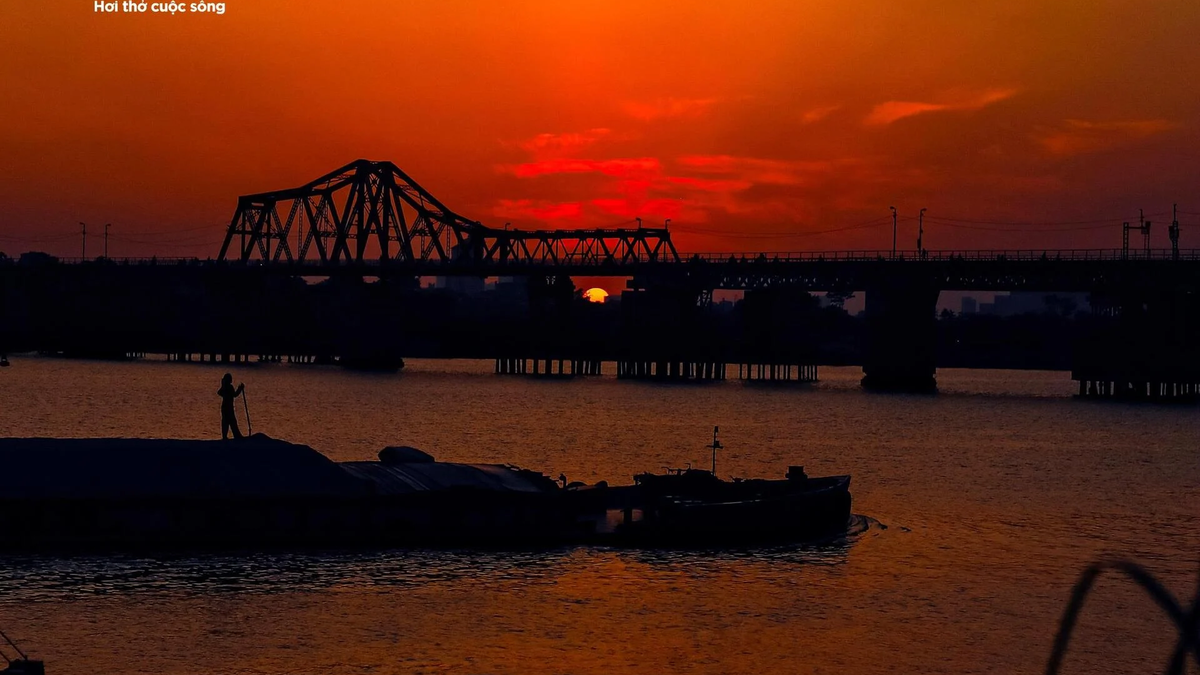














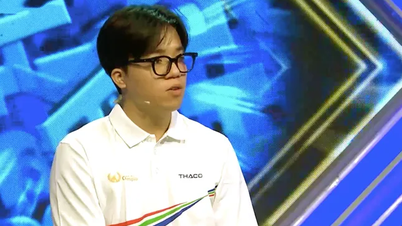













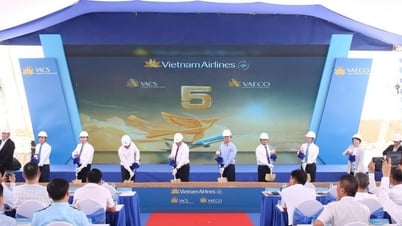


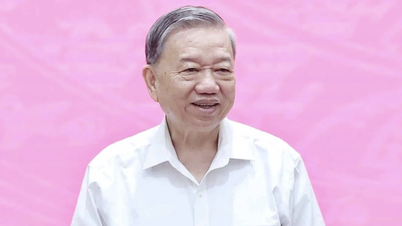

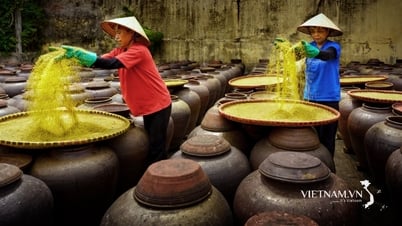






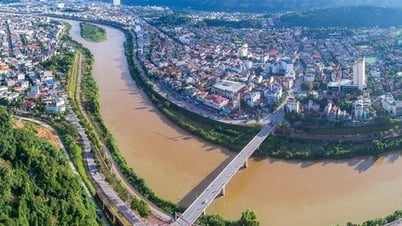


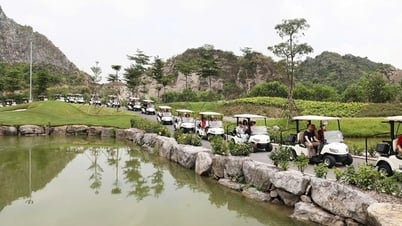





















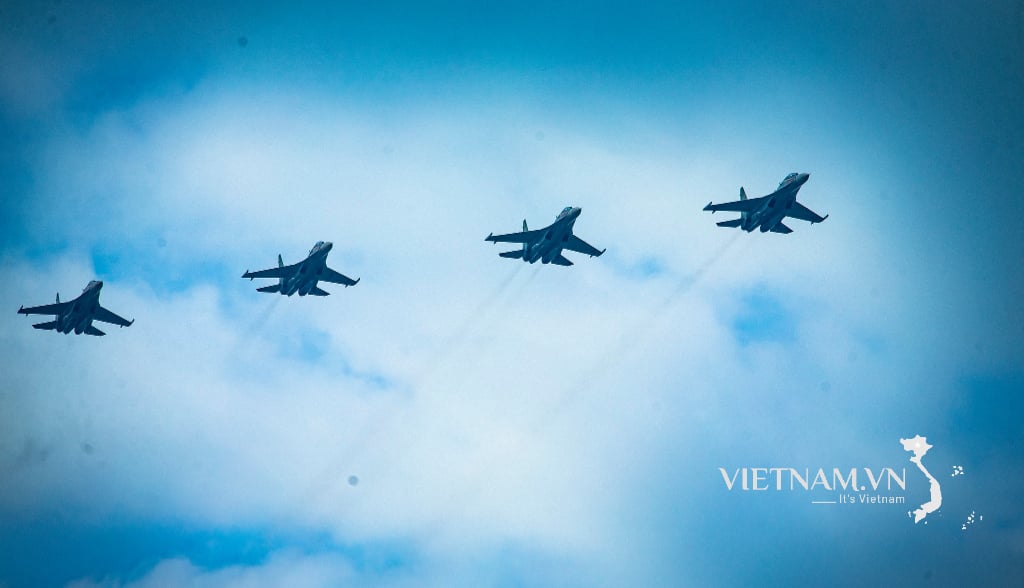

Comment (0)